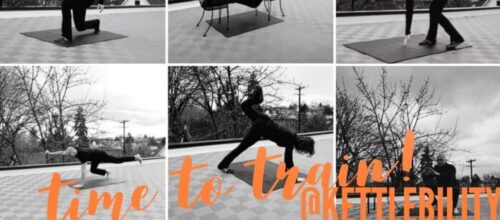
Food For Thought: Breath Focus
|
Have you been thinking about breathing lately? Of course not. Because breathing is so much part of our every day survival and so automatically controlled by our autonomic nervous system, there is no reason to think about it… unless we need a bit of extra oxygen to supplement our physical activity. However, we are going through a pandemic and we are wearing masks when we train. Most of us are also stressed by the economical and social situation, our family life or our job-related problems. That’s when breathing can play a very important role. Masks are adding a little bit of resistance to the inhalation and exhalation process, requiring our respiratory muscles to work a little bit harder with every breath. With between 17 and 23.000 breaths a day, it takes its toll on our body and might even male it more difficult for us to catch our breath when we need it. Making your breathing more efficient by making sure that you breath with your diaphragm, the most powerful of your respiratory muscles, instead of the smaller and weaker intercostal muscles (which make you “breath” with your shoulders or chest). We all know diaphragmatic breathing is the correct way to breath but bad habits are hard to kill. Nose breathing helps our immune system to do a better job at filtering and eliminating unwelcome organisms in our body. Our nose and sinuses act as filters and humidifiers for our airway. Help them help you by making sure that every breath you take come through your nose. Viruses are like taxes: we can’t eliminate them completely, but we can do our best to deal with them properly. Breathing helps control our stress level. It has been proven over and over again that upper chest breathing causes or contributes to a higher level of stress through the activation of our sympathetic nervous system (our fight or flight reaction). On the other hand, diaphragmatic breathing is directly linked to our parasympathetic nervous system (our relax and recover system). You can easily guess which type of breathing should be used in order to control and diminish our stress levels. Sometimes it’s not about using sophisticated breathing drills involving straws, cotton balls and Swiss timers. It’s simply remembering that we must pay attention to our most fundamental activity, the one we’ve been doing all our life, from our very first breath to our last breath. The way we breathe influences everything. |
|
Simple Home Training Idea For This Week: Breath training doesn’t have to be complex. Here is a simple way to add breath work throughout your day:
It’s that simple, enjoy! |
|
|
|
Thanks to everyone who continues to support us during this time. We promise to pay it forward.. Andrea and Vic |

